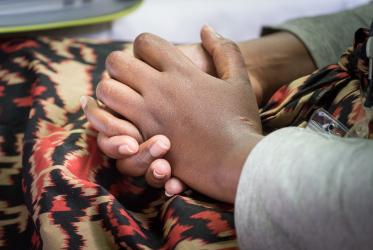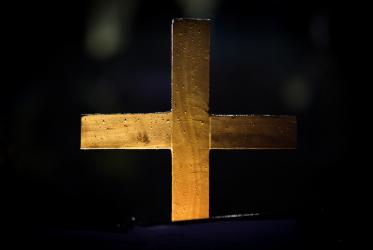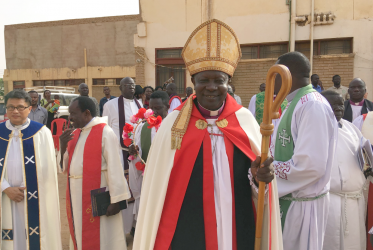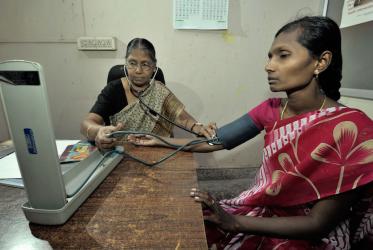Displaying 21 - 40 of 51
Sudanese church leaders express hope that new pact will end war
08 October 2020
Young Africans are eager to grapple with challenges
09 January 2020
WCC expresses concern, solidarity with people of Sudan
12 April 2019
#WCC70: Diaconal unity in a long-forgotten crisis
25 October 2018
“Good healthcare a right, not a privilege,” says WCC-EAA
11 October 2017
Sudan declared new Anglican province
31 July 2017
“It’s time to be brave, to form diverse partnerships”
02 March 2017
“Health and healing for all people, that is the challenge”
28 February 2017















